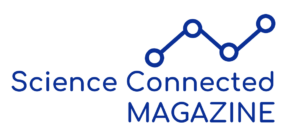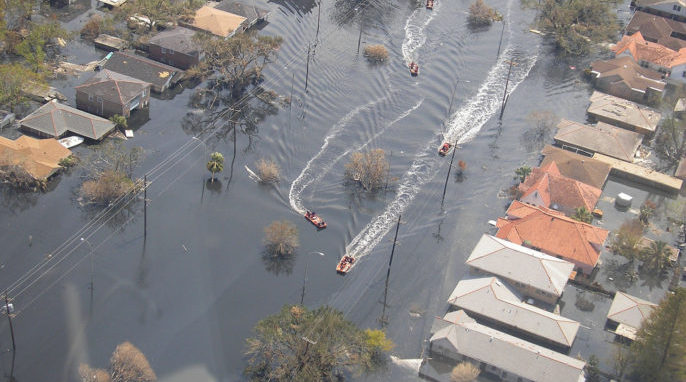Climate Change: Why Don’t We Worry More?
RG: Is it possible to worry too much about climate change?
Van der Linden: Yes, as with any type of risk, it is possible for people to worry so much about the issue that it paralyzes them. Worry is an active emotional state that often motivates people to find ways to mitigate a particular threat or problem (the adaptive response). Fear, on the other hand, often overwhelms people and can lead to inaction, denial, and other maladaptive responses. This has to do with the fact that the brain’s subcortical “fear center” (the amygdala) has more connections running to the higher-order prefrontal parts of the brain than vice versa, this is why it is often easy to be overwhelmed by fear but more difficult to consciously control it. So yes, a healthy amount of worry can motivate action, whereas too much worry can result in the exact opposite.
RG: What’s going on in the brains of climate change deniers?
Van der Linden: I think it is useful to think of denialism as a spectrum, ranging from more extreme forms of denial on one hand, to more mild forms of skepticism on the other. For example, on the more extreme end there are vested-interest groups (e.g. the fossil fuel industry) who actively seek to misinform the public and oppose government regulation on climate change, because it is not in their economic interests. More generally, one factor that has proven useful in explaining climate denial is an individual’s ideological worldview, particularly a strong endorsement of a free-market ideology. A related construct is system justification, which refers to a tendency to rationalize and prefer existing social, economic, and political structures. Strong free-market endorsement, system justification, and political conservatism are all slightly different concepts, but what they have in common is an ideologically-motivated reason to deny climate science and resist government action. Ideologies are very inflexible type of worldviews that often cause people to filter information about the world in a way that is consistent with they already believe (confirmation bias) and make them likely to reject any information that challenges these beliefs (motivated reasoning).
RG: Is there any hope for convincing ideologically driven deniers to change their beliefs?
Van der Linden: One approach would be to emphasize expert consensus. In a complex and uncertain world where people are constrained by limited time and resources, we often use cognitive short-cuts, or heuristics, to help inform our decision-making. One such heuristic is expert-consensus. Consensus-heuristics condense a complex amount of information into a simple normative fact, reducing the cost of individual learning. For example, if nine out of ten doctors concluded that you that need urgent medical treatment, on average, it is probably wise to act on that medical consensus. Yet, although 97% of climate scientists agree that human-caused climate change is happening, public recognition of the overwhelming degree of scientific consensus is generally very low.
Our research finds that people’s subjective perception of the level of consensus among scientists acts as a “gateway” to other key beliefs that people hold about the issue, such as the belief that climate change is happening, human-caused, and worrisome problem that requires policy support. What’s especially important is the finding that highlighting consensus seems to speak particularly well to those who are often skeptical (e.g., political conservatives). One potential reason for this finding is that changing one’s perception of what scientists’ think is a non-identity threatening belief to change. As such, it appears to be an attractive gateway to changing other personal beliefs. In short, emphasizing agreement may help reduce perceived conflict.




